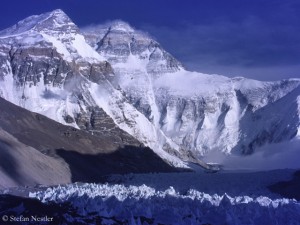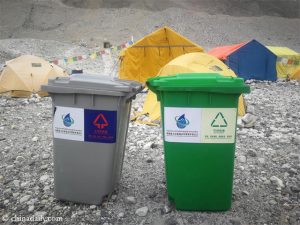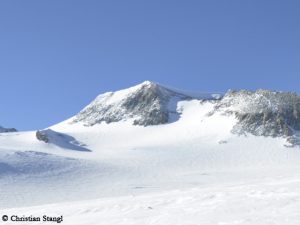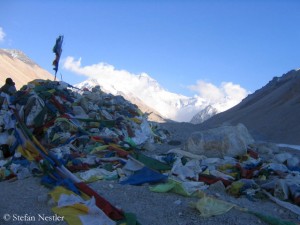Stricter regulations for expeditions on the Tibetan eight-thousanders
The expedition operators in Nepal might have been so shocked that they dropped their pencils. In the “New Regulations for Foreign Expeditions 2019” in Tibet (available to me) it says under point 6: “In order to ensure the healthy and orderly development of mountaineering and minimize the occurrence of mountaineering accidents, mountaineering teams which were organized in Nepal temporarily will not be accepted.” As I have learned from a reliable source, a delegation from Nepal immediately traveled to China to have this regulation removed or at least weakened. Apparently the delegates of the Nepali operators were at least partially successful. Some agencies, however, are supposedly to receive no more approval. The Chinese and Tibetan Mountaineering Associations announced to cooperate in future only “with expedition companies with good social reputation, strong ability of team formation, logistic support, reliable service quality, excellent professional quality, and (who are) law-abiding”.
One client, one Sherpa
From spring 2019 onwards, every client commercial expeditions on one of the Tibetan eight-thousanders will have to be accompanied “by a Nepalese mountain guide”. There are also new regulations regarding environmental protection and mountain rescue. For example, each summit aspirant on Everest will have to pay a “rubbish collection fee” of 1,500 US dollars, on Cho Oyu and Shishapangma 1,000 dollars each. Nepalese mountain guides will be exempted from this fee, as well as the base camp staff. In addition, all members bar none will be required after the expedition to hand in eight kilograms of garbage per person from the mountain to the responsible Chinese liaison officers in the base camp.
Rescue team in ABC
In future, a team provided by the Tibetan authorities and the local operator “Tibet Yarlha Shampo Expedition” will be responsible for mountain rescue on Everest, Cho Oyu and Shishapangma. During the time of summit attempts, four to six rescuers are to stay permanently in the Advanced Base Camps. For each expedition, the Chinese-Tibetan authorities will collect a deposit of 5,000 US dollars, which will only be refunded if there have been no accidents within the group and if all environmental protection requirements have been met.









